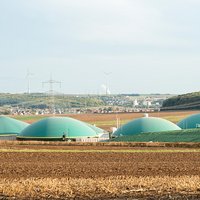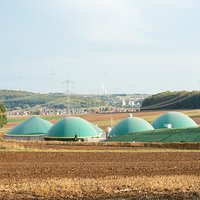Understanding the Diffusion of Domestic Biogas Technologies
Systematic conceptualisation of existing evidence from developing and emerging countries

Systematic conceptualisation of existing evidence from developing and emerging countries

Accelerating the diffusion of domestic biogas is considered to be a promising option for reaching the goal of universal access to energy by 2030, particularly for the provision of cooking energy for rural populations in developing countries. The aim of this study is to develop a systematic account of the factors that influence the diffusion of domestic biogas technologies. To achieve this objective, a three step analysis approach is applied. First, a conceptual model is built based on insights from scholars that have been studying the diffusion of energy innovations in rural contexts. Secondly, a qualitative content analysis of scientific literature is undertaken to test and refine the categories proposed by the conceptual model and to systematically organise the empirical evidence of the factors that influence the diffusion of domestic biogas in developing and emerging countries. The systemised evidence is used to identify the components and interactions between the household configurations and socio-economic context that that determine both the adoption process at household level and the overall technology diffusion. Finally, in the last step, the authors reflect on the implications of the resultant systematic conceptualisation regarding the purpose and design of programmes promoting the dissemination of domestic biogas technologies.
The paper "Understanding the diffusion of domestic biogas technologies. Systematic conceptualisation of existing evidence from developing and emerging countries" by Willington Oritz, Julia Terrapon-Pfaff and Carmen Dienst (all Wuppertal Institute) was published in Renewable and Sustainable Energy Reviews, volume 74. It is available for download.
